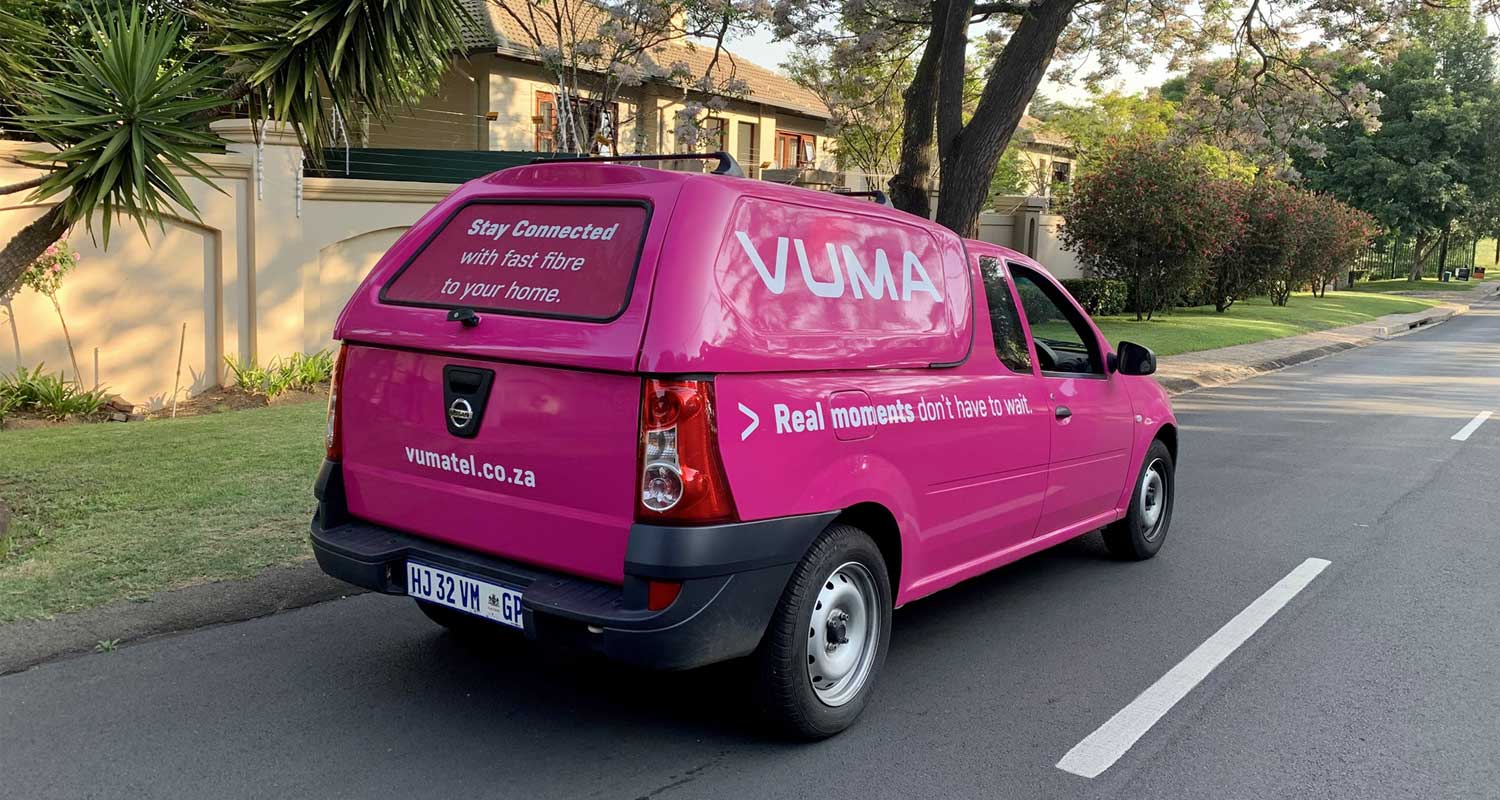The protracted, multibillion-rand investment by Vodacom in Vumatel owner Maziv led an “unprecedented” legal challenge to the competition appeal court (CAC) at a hearing into the matter on Tuesday.
The Competition Commission U-turned earlier this month when it announced it was now in favour of the deal following negotiations with Vodacom and Maziv. It had previously recommended to the Competition Tribunal that the transaction be blocked because of its potentially negative impact on competition in the fibre broadband market.
The commission’s new stance meant Vodacom and Maziv’s case to the appeal court was – for the first time in South African history – presented without a counterfactual for the court to weight it up against.
“We are faced with a unique situation that in 306 pages you tell me how wrong the tribunal was but I have absolutely nothing from the commission to tell me why you are wrong,” said CAC judge president Norman Manoim, referring to Vodacom and Maziv.
The CAC is the highest authority in competition law in South Africa, with the power to review, amend and overturn decisions by the Competition Tribunal. Typically, a merger sits before the CAC after it has been blocked by the tribunal based on a recommendation by the Competition Commission.
At a CAC hearing, merger parties typically argue why they believe the tribunal’s decision to block the deal was incorrect. Their view is then counterbalanced by the commission arguing the opposite, in line with its prior recommendation and the tribunal’s decision.
The CAC’s job is to review the tribunal’s decision by weighing the opposing arguments. The commission’s change in tune meant this was not possible at Tuesday’s hearing.
Review what?
Adding to the appeal court’s confusion is the fact that the commission agreed to support the merger based on a new set of terms and conditions that were not known to the tribunal when it made its decision. This has left the appeal court wondering which of the two deals it ought to review: the first one rejected by the tribunal or the second one agreed to by the commission.
“We have a decision from the tribunal … you people have ferociously argued that all of that is wrong. My first question to you, therefore is, what do we do? Do we ignore [that] on the basis that you now have got these amended conditions?” Manoim asked Vodacom’s and Maziv’s legal representatives.
The merger parties argued that the appeal court should review the decision by the tribunal and view changes agreed to by the commission post fact as additional, or “sweeteners”, to the original deal.
Read: Vodacom fibre play pushes Maziv valuation above Telkom’s
According to Vodacom and Maziv, the tribunal erred in its rationale for blocking the deal. They also accused the tribunal of having a biased view that led to the cherry-picking of data to support its preconceived notions.
The merger parties said the tribunal sourced data from documents without considering the full context given in those very sources. The sources include testimonies by Vodacom Group CEO Shameel Joosub and a variety of reports submitted by the merger parties.
 “We understand that we still need to persuade this court that the tribunal was misdirected in exercising its discretion not to approve the transaction subject to the conditions that served before the tribunal,” said Maziv legal representative Jerome Wilson.
“We understand that we still need to persuade this court that the tribunal was misdirected in exercising its discretion not to approve the transaction subject to the conditions that served before the tribunal,” said Maziv legal representative Jerome Wilson.
“In other words, we don’t come to you asking you to rubberstamp an ex post facto (after the fact) agreement that has been reached with the commission.”
Manoim proposed that the most prudent course of action for the appeal court might be to review the decision reached by the tribunal as a starting point. Additionally, given the unique circumstances in the case, it might also be wise for the appeal court to review the amended agreement agreed to by the merger parties with the Competition Commission, he said.
The court could then decide whether to recommend either deal unconditionally or with additional requirements, or block the transaction. Thorough as this course of action may be, however, it would not negate the fact that no counterfactual to the merger parties’ arguments was presented to the court on Tuesday.
“I understand shortcuts are dangerous, but you can well understand the long ball would be to trawl through the arguments of foreclosure. And essentially, you (the merger parties) would urge us to come to your conclusion that they got that horribly wrong right across the board, in relation to foreclosure. The difficulty you have with that is that we only have your word for it because they silent on that,” said Manoim.
Read: Competition Tribunal blocks Vodacom-Maziv deal
Vodacom and Maziv now await the appeal court’s decision, which should be forthcoming in the coming weeks. – © 2025 NewsCentral Media
Get breaking news from TechCentral on WhatsApp. Sign up here.



